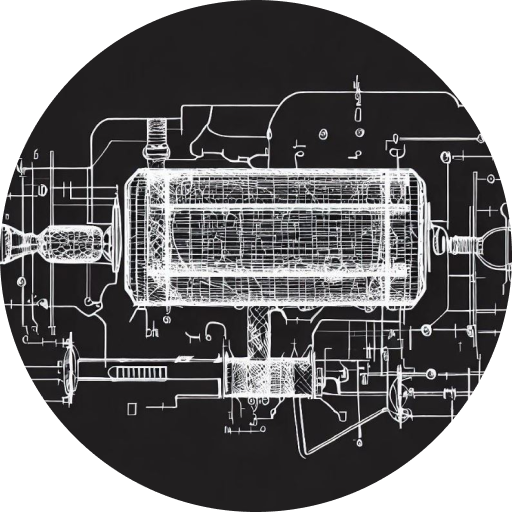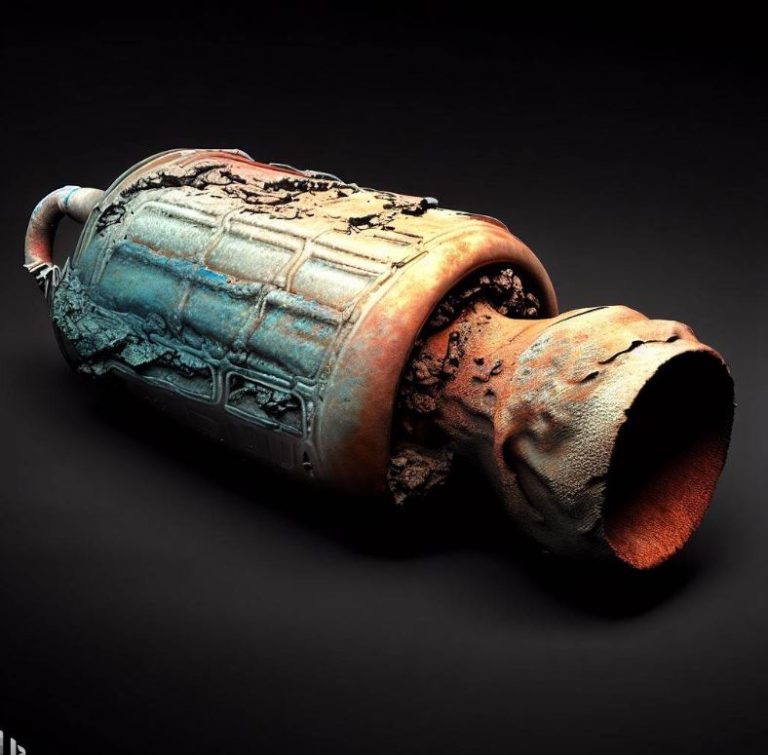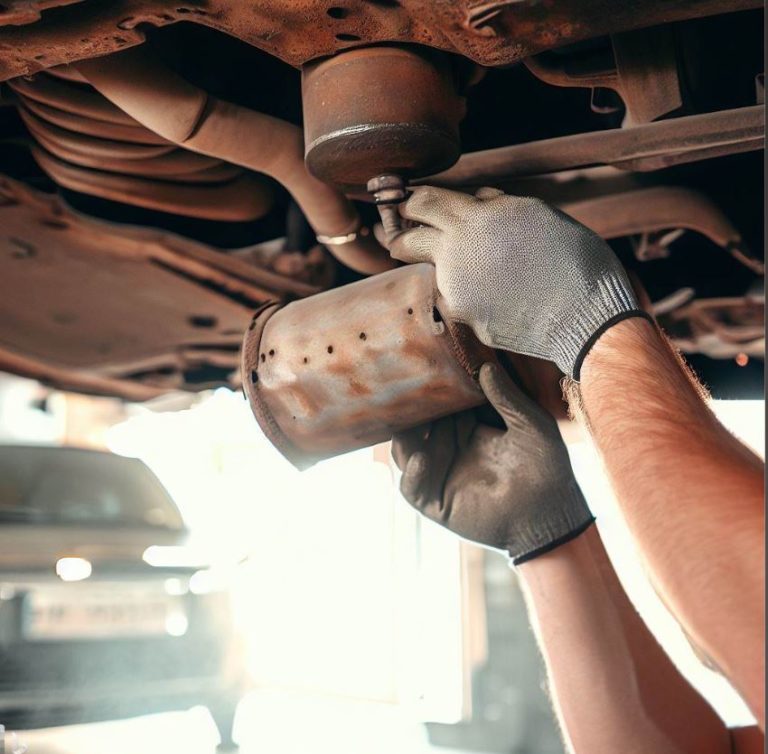Timeframe for Catalytic Converter Replacement: A Practical Estimate
Catalytic converters play a crucial role in reducing harmful emissions from vehicles. Over time, however, they may wear out or become damaged, requiring replacement. The timeframe for catalytic converter replacement can vary depending on several factors. According to Car Bibles, it’s important to understand the estimated timeframe for catalytic converter replacement to ensure proper maintenance of your vehicle and compliance with emission regulations. Let’s explore the factors that can influence the timeframe for catalytic converter replacement.
Driving Conditions
The driving conditions you regularly encounter can have a significant impact on the lifespan of your catalytic converter. Frequent driving in stop-and-go traffic, urban environments, or harsh driving conditions can accelerate the wear and tear on the converter. In such cases, the catalytic converter may require replacement sooner than under normal driving conditions.
Maintenance and Care
Proper maintenance and care of your vehicle can help prolong the life of the catalytic converter. Regular maintenance, including timely oil changes, air filter replacements, and spark plug inspections, can contribute to a healthier engine and better overall performance. Neglecting routine maintenance can increase the likelihood of catalytic converter failure and the need for replacement.
Symptoms of Catalytic Converter Failure
Recognizing the symptoms of a failing catalytic converter is crucial in determining when replacement is necessary. Common signs include a significant drop in fuel efficiency, reduced engine performance, a rotten egg smell in the exhaust, or an illuminated check engine light. If you experience any of these symptoms, it’s advisable to have your catalytic converter inspected by a qualified mechanic.
Manufacturer’s Recommendations
Consulting your vehicle’s manufacturer guidelines can provide valuable insights into the expected lifespan of your catalytic converter. Manufacturers often provide recommendations on maintenance intervals and potential replacement timeframes. Adhering to these recommendations can help you stay proactive in replacing your catalytic converter when necessary.
Professional Inspection
If you’re unsure about the condition of your catalytic converter or its remaining lifespan, it’s best to consult a professional mechanic. They can perform a thorough inspection of your converter and assess its functionality. Based on their evaluation, they can provide recommendations on whether replacement is needed or if there are alternative solutions to address any issues.
Conclusion
Understanding the timeframe for catalytic converter replacement is essential for maintaining a well-functioning vehicle and complying with emission regulations. If you’re interested in learning more about this topic, we recommend checking out the articles “The Lifespan of Catalytic Converters: What to Expect” and “What Happens When Your Catalytic Converter Goes Bad?” for further insights.
- Upgrade Your Honda Accord with the Best Catalytic Converter for Enhanced Performance - October 30, 2023
- Boost Your Chrysler 300’s Performance with a High-Quality Catalytic Converter - October 30, 2023
- Enhance Your Jeep Liberty Performance with a Catalytic Converter - October 30, 2023









